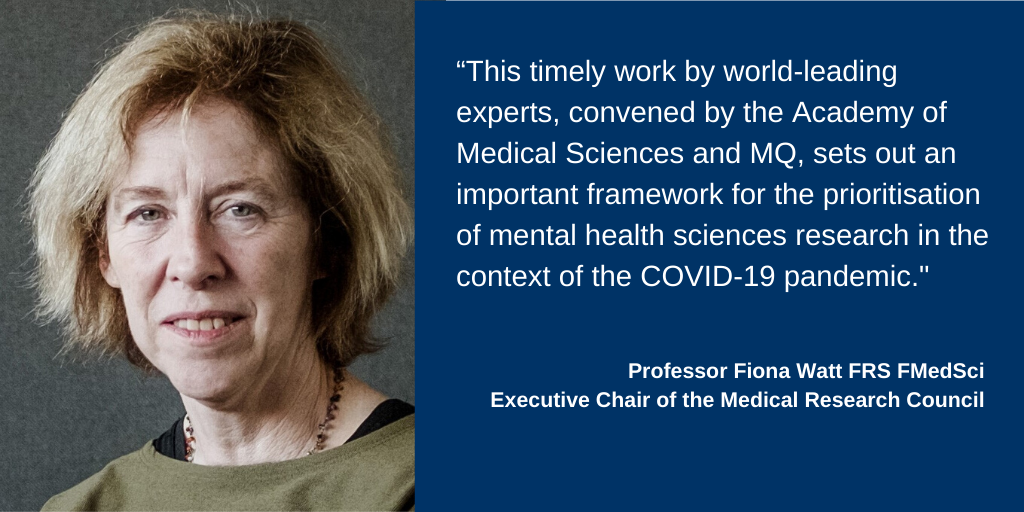Place your votes: BNA Council & Committee elections
22nd July 2024
16th Apr 2020

The British Neuroscience Association (BNA) fully and wholeheartedly supports the urgent call for mental health and brain research in response to the COVID-19 pandemic, as highlighted today by researchers from The Academy of Medical Sciences (AMS) and MQ, in a new paper published in The Lancet Psychiatry.
The paper warns that the COVID-19 pandemic could have a ‘profound’ and ‘pervasive impact’ on global mental health now and in the future, yet a separate recent analysis shows that so far, only a tiny proportion of new scientific publications on COVID-19 have been on mental health impacts.
The paper calls for more widespread mental health monitoring and better ways to protect against, and treat, mental ill health – both of which will require new funding and better coordination.
The general public already have substantial concerns about mental health in relation to the pandemic - according to an Ipsos MORI poll of 1099 members of the UK public, and a survey of 2198 people by the UK mental health research charity, MQ, that included many people with experience of mental health conditions.*
Both surveys were carried out in late March, the week lockdown measures were announced, to inform the Lancet Psychiatry paper. They showed the public had specific concerns related to COVID-19 including increased anxiety, fear of becoming mentally unwell, access to mental health services and the impact on mental wellbeing.
For more information take a look here, or to read the paper in full click here.
*Survey information
Two online surveys were completed to enable the public and people with lived experience of a mental health condition to inform the Lancet Psychiatry paper.